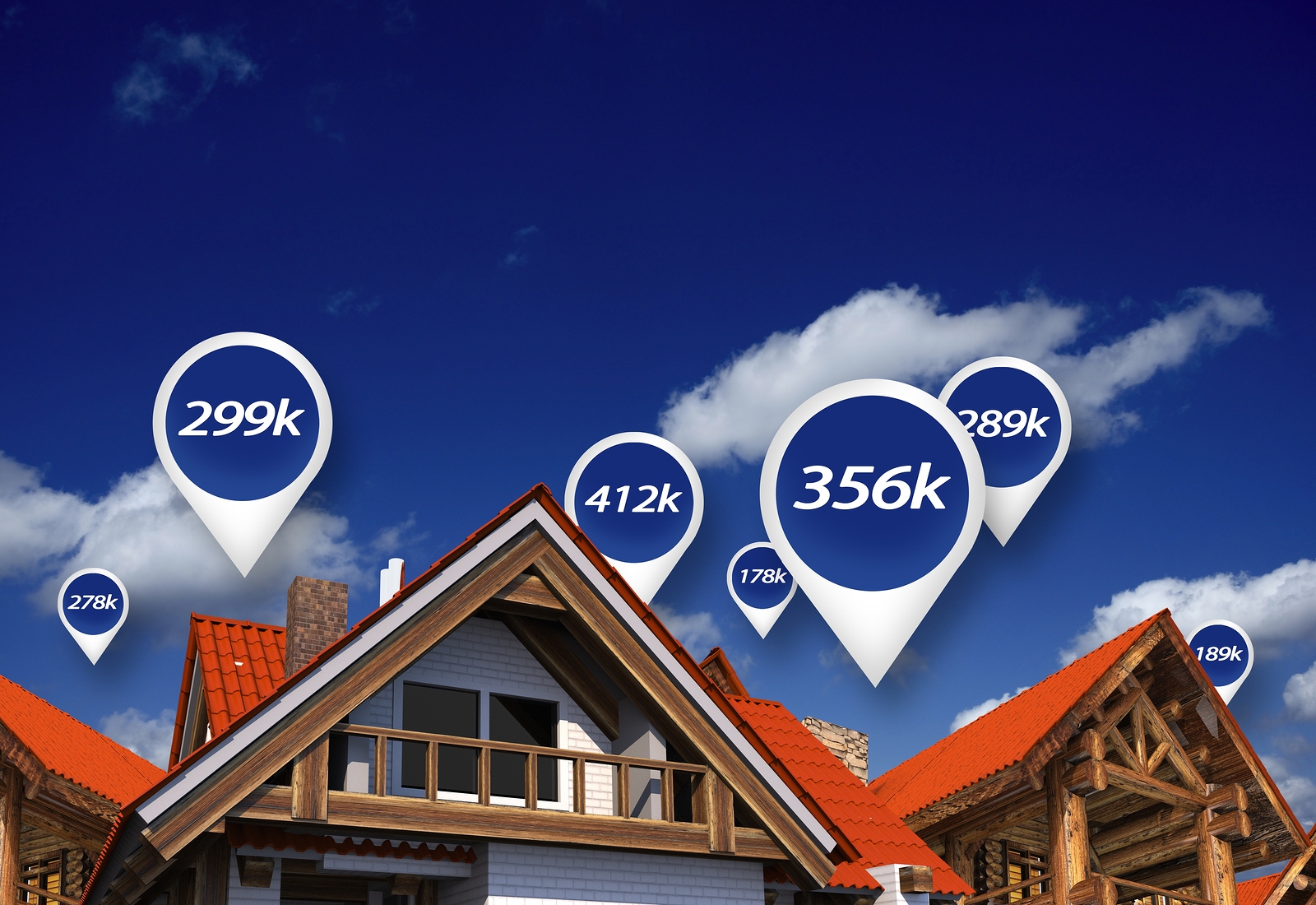Right now we are seeing trends that put us in a strong seller’s market. But be careful not to overprice, because doing so could actually hurt your listing.
Looking to buy a home? Search all homes.
Looking to sell a home? Get a FREE Home Value Report.
Recently I went on air with Martin Bandyke from Ann Arbor’s 107.1 to discuss the current absorption rate in our market.
As I told Martin, my team and I study the market each week. The current absorption rate for single-family homes here in Ann Arbor totals to 4.5 months. This means if no other homes came on the market, it would only take 4.5 months to sell out of the current inventory at the going rate.
In cases where the absorption rate is under six months, as is the case currently, then it’s a seller’s market. So with fewer homes on the market and higher demand, you might wonder what this means.
These factors actually add pressure to home prices and cause them to rise. This is the reason why in the last month we saw that 7% increase in prices.
So how do absorption rates vary with price range? Well if you were selling between $600,000 and $700,000 we can see that right now there are 7.8 months of supply.
“
If you want to have access to this kind of information, you need to work with the people who are studying the market each week.
”
But real life circumstances tend to be more complicated than they sound on paper. For example, there is a 1.8-month difference in supply if a home were even $1,000 less than the lowest point in that range and was therefore in the $500,000 to $599,000 range.
In that range, the absorption rate is six months. As a seller, the smart thing to do here is actually to list your home for slightly less because it means the demand is higher in that lower-supply price range.
On top of that, we can also note that the list price to sale price ratio is 99%. Simply put: overpricing a home no longer works in today’s market.
If you want to know these helpful facts and have access to this kind of information, you need to work with the people who are studying the market each week.
So if you have any other questions or you’d like help with any of your real estate needs, feel free to give me a call or send me an email. I look forward to hearing from you.




